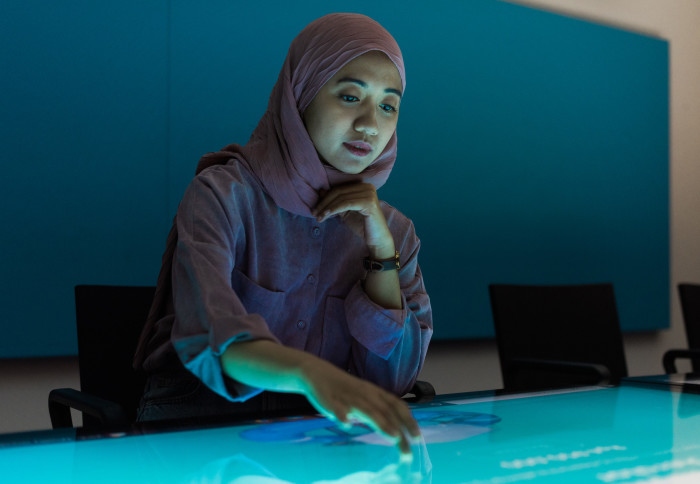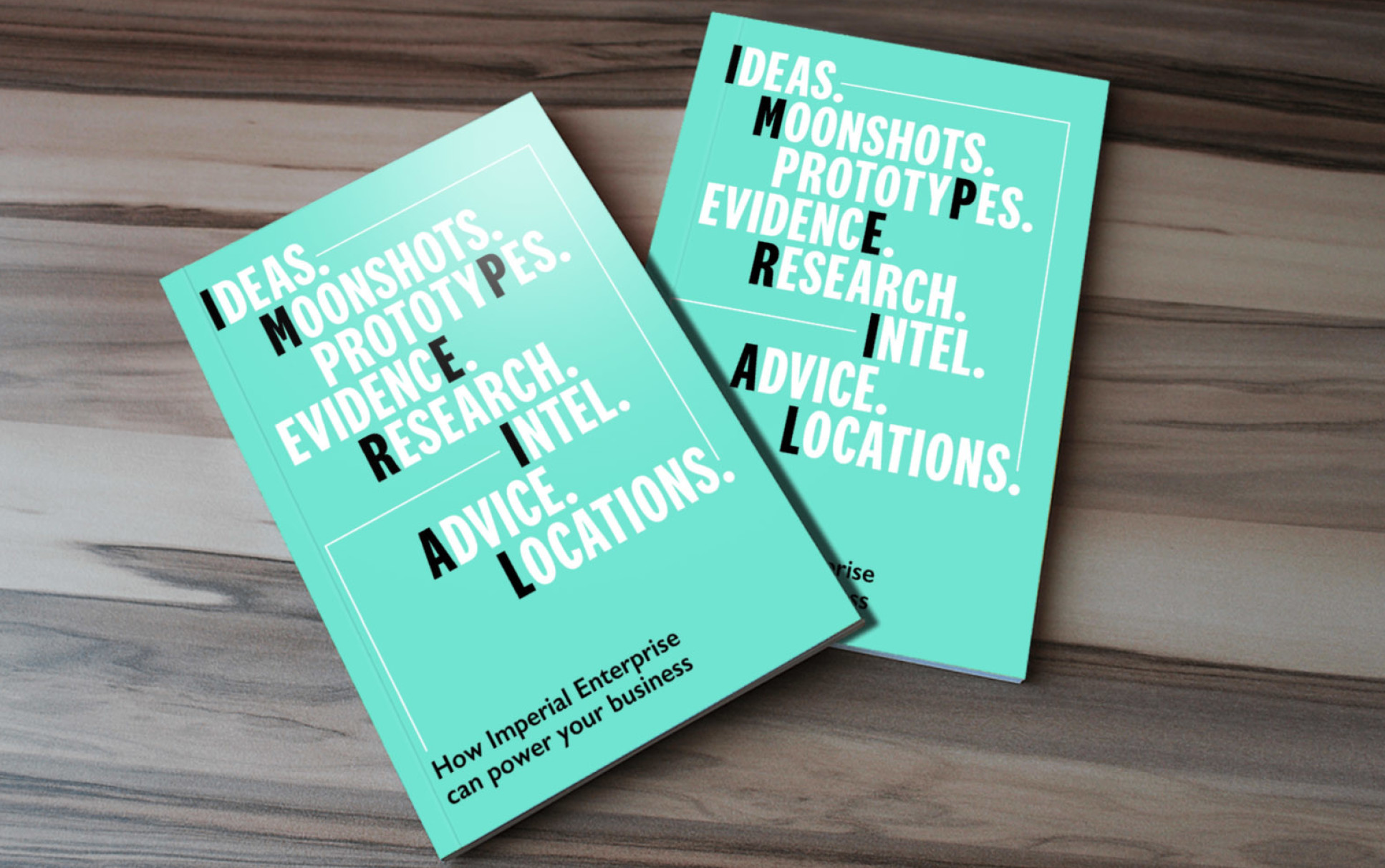Innovation and entrepreneurship at Imperial: A year in review

Imperial’s enterprising ecosystem has flourished in 2022.
A steady stream of licensing deals, startups, industrial partnerships and consultancy projects has helped translate the community’s discoveries into real-world benefits for industry and society.
Meanwhile, Imperial Enterprise, the College’s hub for innovation and entrepreneurship, has helped develop the infrastructure used to support this activity, and brought together Imperial’s staff and students with external organisations who would like to access their expertise.
If you work for a business and would like to discover how Imperial Enterprise can power your organisation, learn more in our new guide:
How Imperial Enterprise can power your business
View the guide: How Imperial Enterprise can power your business

Celebrating some of our highlights from 2022
- January: Academics delivered energy expertise
In a report delivered through Imperial Consultants for MCS Charitable Foundation – and widely reported in the media – Imperial energy experts shared insights into sustainable domestic heating, saying that heat pumps should be a priority in the next decade as hydrogen won’t be ready for gas grids until the 2030s. - February: We helped businesses transition to zero pollution
We offered businesses insights into the ways that academic experts are helping organisations like theirs transition to net zero carbon and other forms of pollution, in a campaign by Imperial Enterprise in collaboration with the College's Transition to Zero Pollution initiative. - March: Experts shared visions of the year 2041
Curiosity met credibility as Imperial experts shared scientifically informed visions of the world in 2041, having worked with dedicated foresight practice Imperial Tech Foresight to uncover the future of computation and energy. - April: A radical business model made waves at WEF
We’re becoming familiar with the sustainability benefits of business models such as car clubs in which we borrow products and then return them for re-use. But what if manufacturers borrowed instead of bought the materials they use to build their products? Dr Marco Aurisicchio presented a radical new business concept in an Agenda blog for the World Economic Forum. - May: Science met fashion as research began with Fendi
In a collaboration with fashion house Fendi and its parent company LVMH, synthetic biology researchers began work to develop a lab-grown fur alternative made sustainably from genetically modified yeast and replicating the qualities of the original material. - June: We launched portals to navigate our ecosystem
To help our community of business partners, entrepreneurs, investors, staff and students more easily navigate Imperial’s enterprising ecosystem, we launched our two new ecosystem portals. - July: Student entrepreneurs pledged to pay it forward
We offered student and alumni founders an opportunity to ‘pay it forward’ once they exit by pledging to support future entrepreneurs and innovators through a philanthropic gift. The Entrepreneurs’ Pledge is to designed to help create a self-reinforcing entrepreneurial ecosystem. - August: Researchers invented tech to harness t-cells
We shared news of a new technology, available for commercialisation by industrial partners, that could accelerate the development of advanced cancer treatments that harness immune cells by helping rapidly identify the most effective t-cells. - September: The Guardian said our entrepreneurship is flourishing
In a profile of Imperial, the Guardian said that “Imperial’s rep as a place for go-getters and entrepreneurs continues to flourish”, describing our entrepreneurship hub the Enterprise Lab as the “crown jewel in an institution that prides itself on blending business with the sciences.” - October: Imperial and BASF presented AI at NeurIPS
Three papers jointly authored by researchers from Imperial and BASF, the world’s largest chemical producer, were accepted by prestigious machine learning conference NeurIPS. The techniques for optimising experimental design were the latest outputs from a major partnership with BASF covering chemistry, chemical engineering and computing. - November: We partnered with biotech firm to study gut bugs
Medicine researchers began a new partnership with Enterobiotix, a company that produces capsules containing gut bacteria that provide an alternative to intestinal matter transplants. The researchers aim to gain new insights into the gut microbiome and to test the potential of the capsules to reduce infections and improve outcomes of cancer treatment. - December: Packaging startup won £1m Earthshot Prize
Notpla, a startup founded by Imperial students in 2014 to produce biodegradable packaging from seaweed, won £1 million in the Prince of Wales’ Earthshot Prize in the category ‘Build a Waste Free World’. The company has supplied its packaging to the London Marathon and takeaway company Just Eat.
Photo at top shows Selly Shafira, an MSc student in the Imperial College Business School and co-founder of startup Banoo at the Imperial Enterprise Lab. The company won student entrepreneurship competition WE Innovate in 2022 for a technology designed to help fish farmers in Indonesia be more productive. Photo by James Tye.
Article text (excluding photos or graphics) © Imperial College London.
Photos and graphics subject to third party copyright used with permission or © Imperial College London.
Reporter
David Silverman
Communications Division